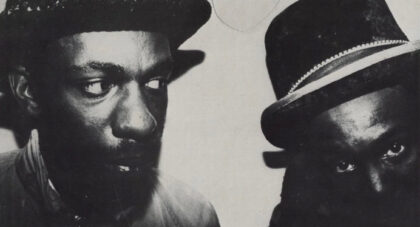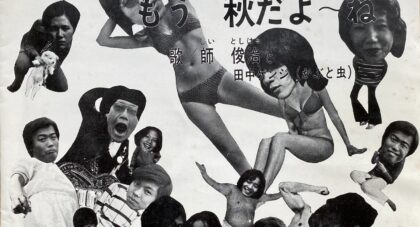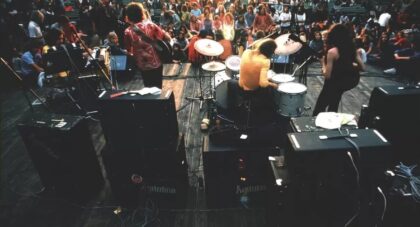Twin Peaks’ 2013 debut Sunken, issued by Aquarium Drunkard’s sister label Autumn Tone, was a tight, fuzzy blast of garage rock. It was a brief, but powerful, statement from a couple Chicago kids inching toward their twenties.
Wild Onion the band’s 2014 LP for Grand Jury, takes the promise of their first expands it outward. Originally conceived . . .
Only the good shit. Aquarium Drunkard is powered by its patrons. Keep the servers humming and help us continue doing it by pledging your support.
To continue reading, become a member or log in.


